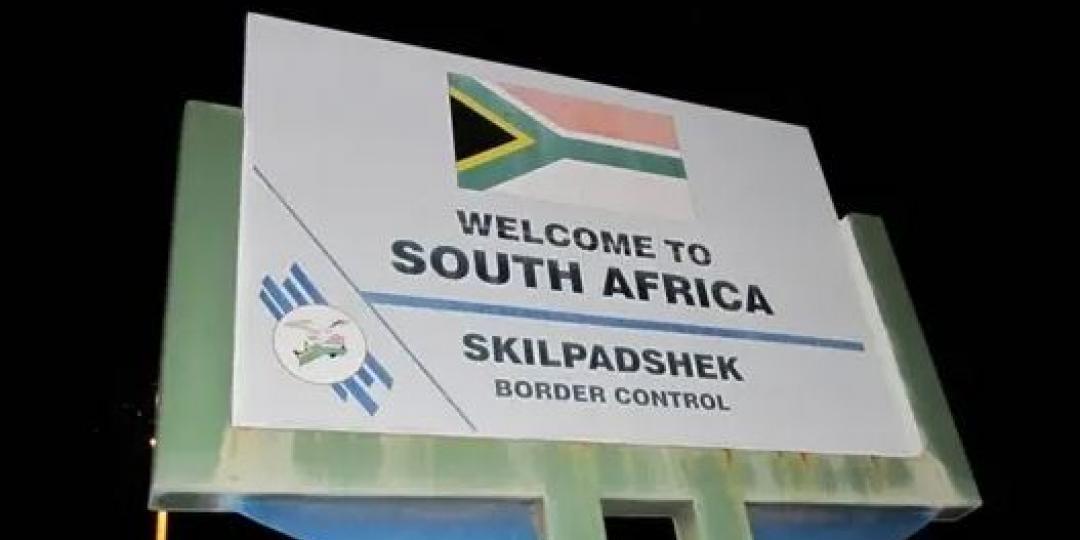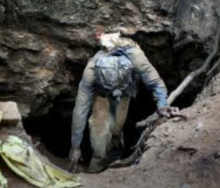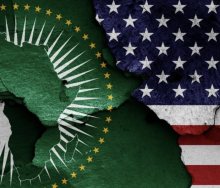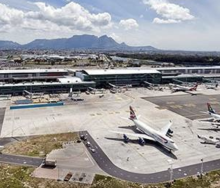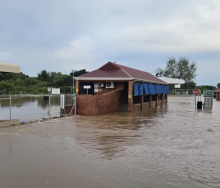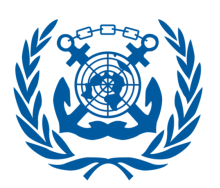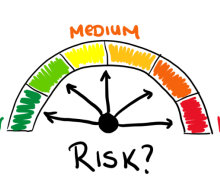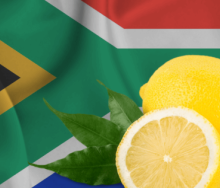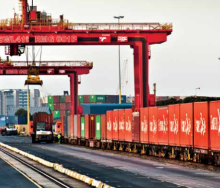Despite a schedule by the Department of Health (DoH) that South Africa’s Skilpadshek Border Post would operate from dawn to dusk until July 9, the crucial crossing on the Trans-Kalahari Corridor (TKC) has closed because no one’s available to screen truckers and travellers for Covid-19.
In a message sent to the Transit Assistance Bureau (Transist) just before 11:30, Mike Fitzmaurice of the Federation of East and Southern African Road Transport Associations shared the following notice: “Due to the unavailability of Port Health today from 11h00, the port will close at 11h00 today and will open tomorrow at 06h00.”
Cross-border hauliers and related logistics operators responsible for supply chain into Botswana and Namibia – people running companies that are already bleeding business because of an issue that has dragged on for a month and a half – immediately reacted to the news.
One wanted to know: “Will they attend to the trucks that are currently at the border or must the drivers just sit (and wait) until tomorrow?”
Another said: “This is the last straw. I believe we now need to go to the President.”
In the meantime, there’s no certainty whether the Kopfontein transit, further north of Skilpadshek and also serving the TKC, is actually open.
Yesterday the border was closed for decontamination purposes after a police officer tested positive for the coronavirus.
Today’s development around the frustrating Port Health impasse, caused by DoH’s self-confessed lack of funds for outsourced officials to perform the necessary screening functions, is the latest in a sorry saga that is costing over-border trade dearly.
A freight facilitator, whose name is withheld, said there were cross-border operators who were beginning to wonder whether it was worth shipping at all through Skilpadshek.
“I know of people who used to do four trucks a day, now they’re doing one. Then there are people who do same-day deliveries and often run perishable goods into stores in Botswana and Namibia. They plan their cargo in such a way that they reach the border at night, but now the border is closed because there’s no one to screen them for Covid. Also, because there are trucks already waiting at the border, they have to wait in the back of the queue by the time they get to the border. It’s a total nightmare, it’s causing a trade implosion, and it has been dragging on for a month and a half already.”
The source said DoH had responded to enquiries, merely saying that there was no money to hire enough Port Health officials, usually drawn from the ranks of nearby community health service providers.
To make matters worse, indifference seems to have been added to the impasse as public sector officials are not responding to calls that immigration officers be roped in to verify polymerase chain reaction (PCR) results – a task that requires checking whether the QR code on a PCR certificate is valid.
Fitzmaurice said officials seemed to be simply not interested in the recommendation that Port Health functionaries be dispensed with and that immigration officers be equipped with QR code scanners.
“We see this all over. Border officials have a set of rules to follow and they’re unwilling to consider alternatives when the need for out-of-the-box thinking arises.”
The source, who lambasted the DoH, said high-up executives - one of these being a director-general at the department - didn’t bother responding to emails.
An enquiry sent to the Border Management Authority (BMA), whose responsibility it is to oversee South Africa’s borders, was subsequently sent to the Department of Home Affairs (DHA).
Responding to BMA acting commissioner Gene Ravele’s request that the questions he was sent be answered by the DHA, home affairs spokesperson Siya Qoza had the following to say: “Kindly note that immigration officers are at the Ports of Entry executing their functions in accordance with immigration laws. Your query acknowledges that immigration officers are at the Ports of Entry doing their jobs.”
Health-related matters impacting trade at the country’s borders should be taken up with the DoH, Qoza said.
Freight News will endeavour to seek comment from Popo Maja, spokesperson for the DoH.
